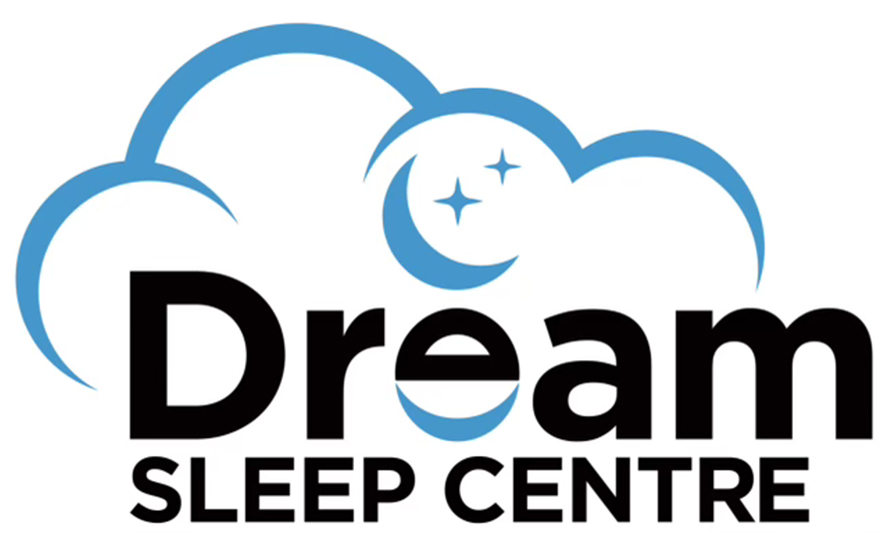COGNITIVE BEHAVIOR THERAPY FOR INSOMNIA (CBTi)
COGNITIVE BEHAVIOR THERAPY FOR INSOMNIA
Cognitive behavior therapy for insomnia, also known as CBTi, is an effective holistic approach to insomnia that doesn’t involve the use of sleep medications. You may also hear of it referred to as sleep therapy. It is helpful for patients who experience short bouts of sleep difficulties, such as one or two nights. However, it is especially valuable for patients who have chronic insomnia that lasts for weeks or even months.
CBTi works by helping patients to change their sleep habits by breaking patterns and schedules that interfere with sleep. In doing this, the patient can relax and embrace sleep much more naturally, without the need for medicinal sleep aids.
Your CBTi Sessions
All CBTi sessions are one-on-one, carried out in the comfort of our offices with our trained and experienced sleep psychologists. Once you have been assessed, you will be recommended to take anywhere between 5 and 7 CBTi sessions over a 90-day period. These initial sessions should be enough to help you obtain sufficient relief from your insomnia, but every patient is different, and therefore the exact number of sessions needed may vary. After this initial treatment, ongoing maintenance sessions are recommended once every 6-12 months to ensure that your sleep habits don’t deteriorate.
By utilizing CBTi, patients can successfully find relief from their insomnia and start to enjoy regular sleep patterns and good quality sleep, all of the benefits associated with healthy levels of rest.
The Five Components Of CBTi
There are five different components of CBTi. Some patients may only need to address one or two of these areas, whilst others with severe insomnia may need to look at every area in order to truly achieve relief from their insomnia.
The five components of CBTi are:
Relax: Unsurprisingly, relaxation is vital to be able to fall and stay asleep, as well as to enjoy good quality sleep. There are many different relaxation techniques that can be used and CBTi will explore these to help you find the strategy that works best for you. These relaxation techniques include:
– Breathing patterns
– Progressive muscle relaxation
– Stretching
– Meditation
– Imagery
We can discuss each of these techniques with you and practice them so that you can use them at home.
Control: When you can’t sleep, you can quickly become frustrated with yourself and worried about the impact that your lack of sleep will have on your mood and ability to function the next day. The control component of CBTi is designed to break the connection between being in bed and feeling frustrated by your inability to sleep. The process involves removing yourself from your bed if you aren’t feeling sleepy and undertaking a few non-stimulating activities such as relaxing therapies (listed above). Patients should only return to their bed when tired and feeling ready to sleep, but repeat the cycle if they do not drop off within 20 minutes of being in bed.
Sleep Drive: Sleep drive refers to your body’s natural inclination to sleep. Unfortunately, people who have insomnia tend to spend a great deal of time in bed, but not actually asleep. This is something that is known as poor sleep efficiency. To help build your sleep drive, CBTi uses sleep restriction therapy which involves spending less time in bed. As your sleep efficiency improves, you will be able to spend longer in bed and will start experiencing better quality sleep.
Thought Control: Overthinking is a very common cause of insomnia. Often this happens because lying in bed is the first time that we have properly been still and undistracted for the entire day. It can be very frustrating when you lie in bed with countless thoughts running through your head, and often, these thoughts lead to worry and anxiety. CBTi uses a number of techniques to teach you how to control these thoughts so that you aren’t kept awake at night.
Hygiene: This refers to good sleep habits and the things that you do before bed each night. Some examples of good sleep hygiene include:
– Going to bed at the same time each night
– Avoiding alcohol, caffeine and nicotine before bed
– Eating right and avoiding heavy foods before bed
– Getting enough exercise
– Skipping naps
– Having a hot bath before bed
– Making your bedroom a clutter-free environment
Our team will work with you to make sure that you have all of the right habits in place to help facilitate sleep.
If you are having trouble sleeping but you don’t want to rely on medications to help you get the rest that you need and deserve, CBTi could hold the answer. Contact our office today to schedule a consultation to discover if you are a good candidate for this valuable holistic treatment for insomnia.
DEL MAR
OCEANSIDE
ADMINISTRATIVE HOURS
Monday to Friday: 8:30 pm – 5:00 am
Our Sleep Lab is open on a nightly basis
